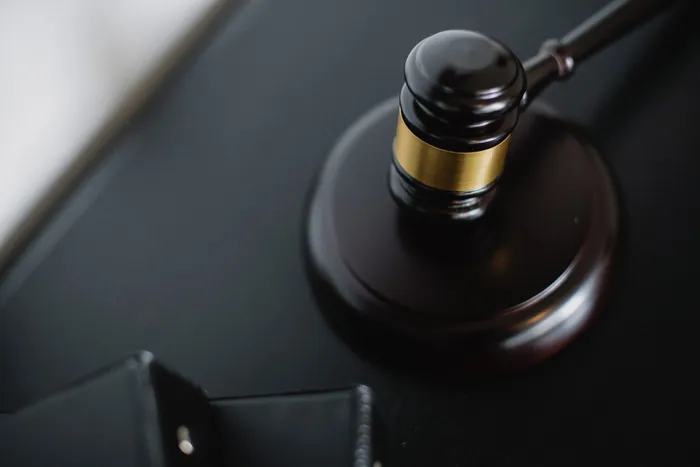
Former Gqeberha endocrinologist Dr Gregory Hough is contesting both the guilty verdicts and the disciplinary sanctions imposed upon him stemming from incidents that occurred in 2013 and 2014.
Image: File
In a legal battle, former Gqeberha endocrinologist Dr Gregory Hough is challenging his conviction for sexual misconduct involving former patients, striving for a chance to return to the medical profession from which he was disbarred by the Health Professions Council of South Africa (HPCSA). The case has raised significant concerns around patient safety and the conduct of medical professionals in South Africa.
Hough has taken his fight to the Gauteng High Court in Pretoria, where he is contesting both the guilty verdicts and the disciplinary sanctions imposed upon him. Initially charged with seven counts of unprofessional conduct, all stemming from incidents that occurred in 2013 and 2014, Hough faced serious allegations of sexual assault from three female patients, which were reported to authorities in 2020.
In June this year, Hough was found guilty on two of the original charges while being acquitted on others due to technicalities. Following these convictions, the HPCSA promptly removed Hough's name from their medical register, effectively barring him from practising medicine since July.
Now seeking provisional relief, Hough has requested that the court suspend his disbarment while ongoing legal proceedings consider his appeal and review. He claims to face “irreparable harm” if prevented from practising as a specialist, asserting that he has a strong case for success in his pending litigation.
During the court proceedings, Hough said he was legally represented during all previous hearings, allowing him to cross-examine witnesses and present his case prior to his conviction. However, the court was clear in its stance, indicating that it is not their role to assess the potential success of his pending appeals. Hough's legal strategy includes challenging alleged bias within the Professional Conduct Committee and questioning the handling of evidence during his initial hearings.
Importantly, the court emphasised the nature of his offences, stating, “The applicant was charged and found guilty of sexual misconduct, not of some intrinsic aspect of medical negligence.” This assertion underlines the gravity of the allegations, particularly in a nation grappling with the pervasive issue of sexual exploitation against women and children. The court echoed the sentiments of the judiciary, noting the societal responsibility to uphold the safety and dignity of vulnerable populations.
“South Africa is plagued by the sexual exploitation of women and children; as such, the courts almost daily express themselves on this aspect,” the court said in turning down the application.
Related Topics: